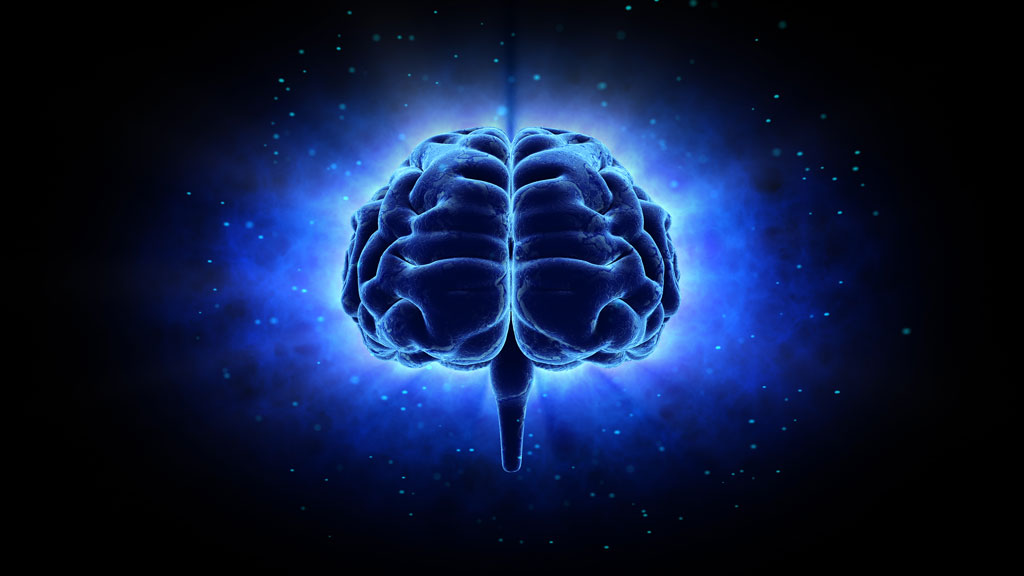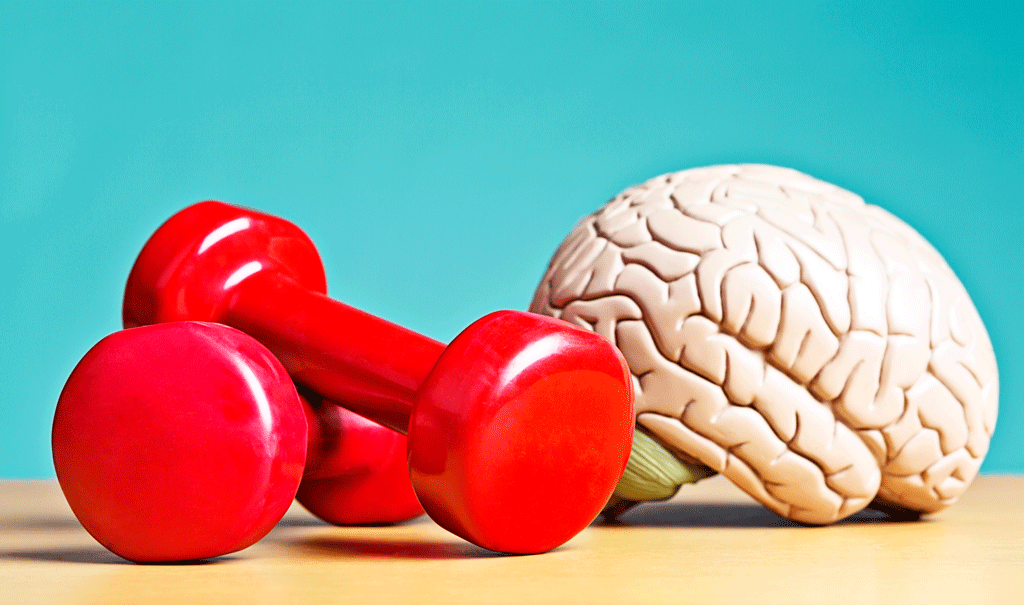How Brain Waves Impact Your Memory

In a split second, it takes to remember a name or focus intently on a task, and a powerful network of electrical activity unfolds in your brain. These rhythmic patterns, known as brainwaves, shape how we remember, process, and retrieve information. Created as neurons communicate, brainwaves influence everything from relaxation and focus to complex memory storage and recall. Each brainwave type—Delta, Theta, Alpha, Beta, and Gamma—has its own frequency, linked to mental states that affect how we learn, store, and access memories. By understanding these brainwave patterns, we gain insight into how the brain supports memory, from sleep-based consolidation to quick recall in high-pressure moments.
How and Why Does the Brain Generate Dreams While You Are Sleeping?

Dreams have fascinated people for centuries, inspiring myths, scientific investigation, and personal reflection. One of the most influential modern theories on dreaming is the Activation-Synthesis Theory. Developed in the 1970s by John Allan Hobson and Robert McCarley, this theory challenges earlier notions by thinkers like Freud, who believed dreams were expressions of hidden desires or symbolic meanings. Instead, Activation-Synthesis suggests that dreams are the brain’s attempt to organize and interpret random neural activity that occurs during sleep.
Building Mental Toughness in Athletes: Strategies for Developing Grit

Mental toughness often defines the line between success and failure in high-pressure situations. It’s the resilience that enables athletes to push through challenges, stay focused, and perform at their peak—even when faced with adversity. Legends like Michael Phelps, Simone Biles, Naomi Osaka, and Serena Williams embody this mental strength. By sharing their personal mental health journeys, these athletes have broken down barriers, destigmatized mental health issues, and encouraged others to seek the support they need. Embracing vulnerability has played a key role in building their mental toughness, proving that true grit comes from facing and overcoming obstacles, strengthening both the mind and body.
Elevating Your Mind: The Importance of Brain Fitness with BrainTap

In much the same way that physical fitness has become essential for overall health, brain fitness is now recognized as crucial for mental well-being. Recent advancements in research on brain structure, function, and organization underscore the importance of brain fitness, which impacts key areas such as learning, memory, plasticity, and how we interact with our environment.

